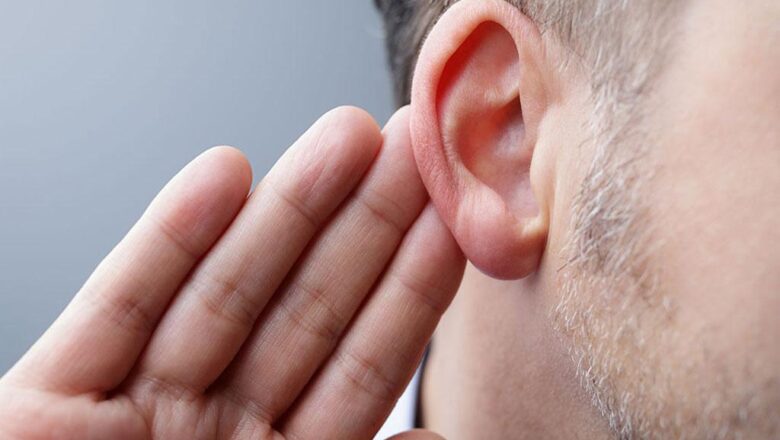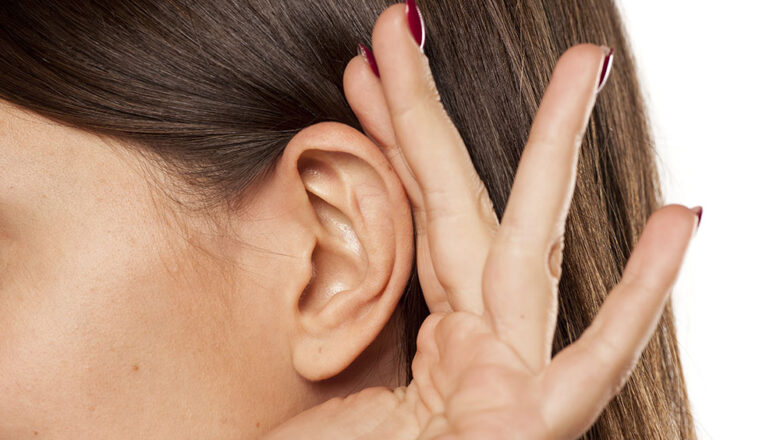
Ways to Cope with Hearing Loss
Hearing loss is a common health problem that negatively affects the lives of many people. Coping with hearing loss is important to improve an individual's quality of life. In this article, we will provide detailed information about the various methods and strategies that can be used to cope with hearing problem.
What is Hearing Loss?
Hearing loss is a condition in which a person's ability to hear is partially or completely reduced. It can usually occur for various reasons, such as aging, noise exposure, genetic factors, diseases or trauma. Hearing loss can lead to many problems such as difficulty in communication, feelings of isolation and depression.
Ways to Cope with Hearing Loss
Hearing Aids: Hearing aids are widely used for individuals with hearing loss. These devices inc...








